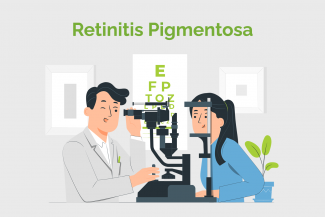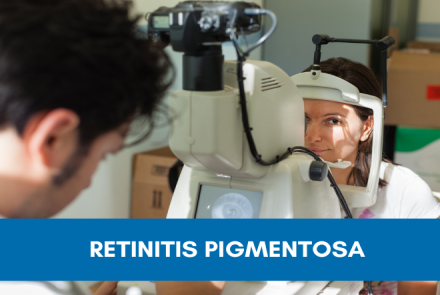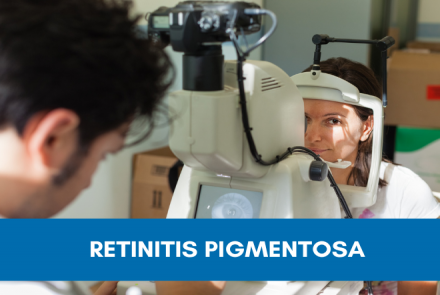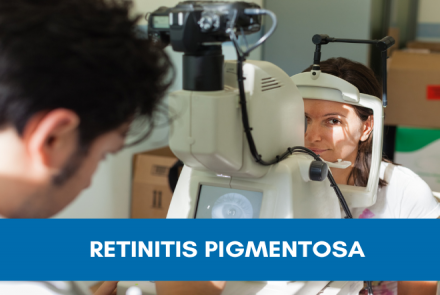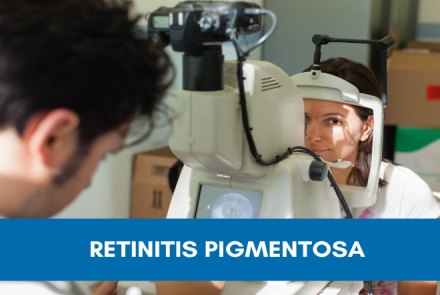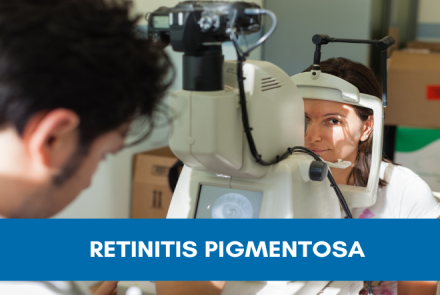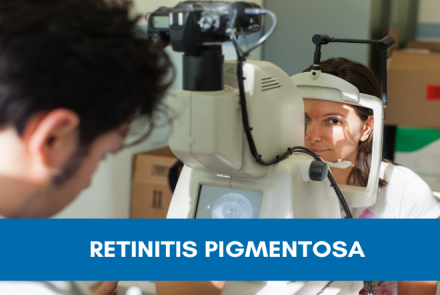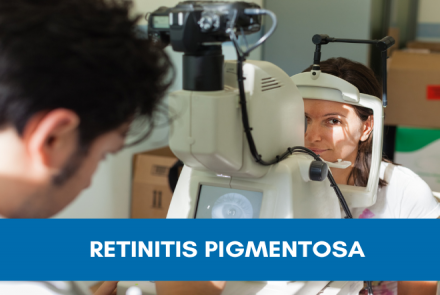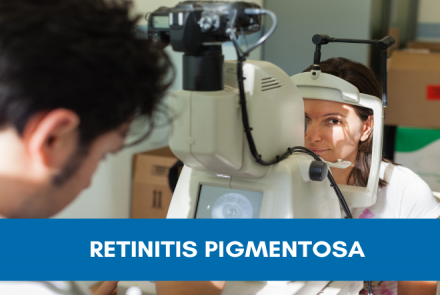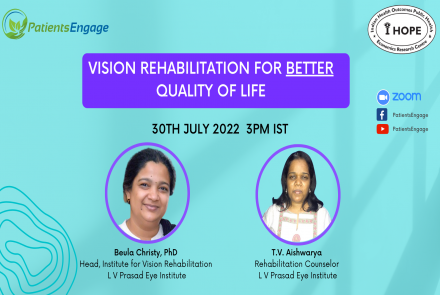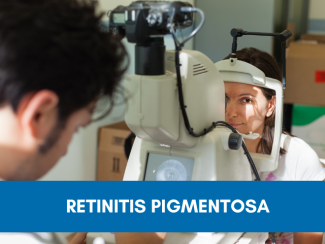
Treatment for Retinitis Pigmentosa
Specific treatments to prevent the progression or stop RP are still in evolution. Various treatments have been tried by large studies over the past few decades. Light protection by wearing of dark or yellow orange glasses are shown to help in preventing progression by few studies and help in tackling photophobia. Vitamin A, and docosahexaenoic acid supplementation has also been found useful in few studies to prevent progression. The vitamin supplementation should be under supervision, proper dosage and have regular monitoring of liver function, serum lipids and if needed serum retinol levels. Vitamin A supplementation is not advisable in genetic defects associated with ABCA4 gene.
Associated eye conditions like glaucoma and cystoid macular edema can be treated medically and sometimes lasers/surgery for glaucoma. Other associations like cataract, vitreous floaters, retinal detachment, and macular hole can be managed surgically at appropriate situations.
All the types of syndromic RP require multi-speciality approach including ophthalmologists, paediatrician, endocrinologists, neurologists, dietician, and otolaryngologists.
In 2017, the U.S. Food and Drug Administration approved retinal gene therapy (Luxturna, voretigene neparvovec-rzyl) caused by specific type of RPE65 gene mutation have been successfully treated in few young children. However long-term data and future results are in research stage. Subretinal stem cell therapies have also been studied in various clinical trials with results awaited. Retinal prosthesis and optogenetic therapies have been tried and some are already approved for use in the advanced stages of RP.
Contributed by
Dr Deepika C Parameswarappa, Consultant Ophthalmologist, LV Prasad Eye Institute
Dr Subhadra Jalali, Network Director, Consultant Ophthalmologist, L V Prasad Eye Institute

